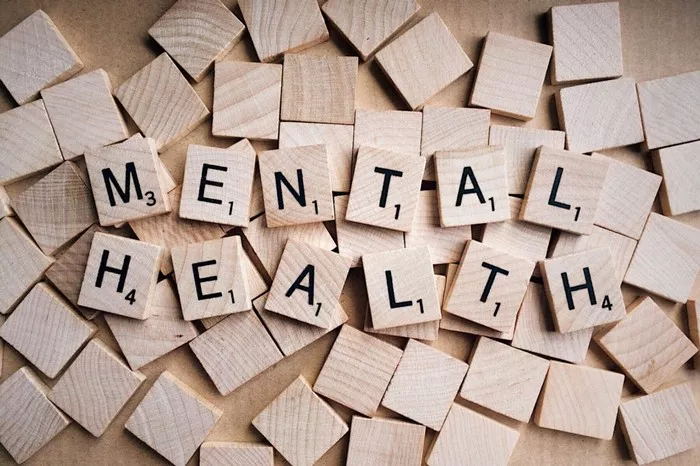Lip swelling is a common symptom of an allergic reaction. Allergies are caused by the immune system’s response to a foreign substance, such as pollen or food. When the immune system overreacts to a substance, it can cause inflammation and swelling in various parts of the body, including the lips. In this article, we will explore the different types of allergies that can cause lips to swell and what you can do to treat and prevent them.
Understanding Allergy Causes Lips to Swell
Lip swelling is a common symptom of an allergic reaction. Allergies can be caused by a variety of substances, including:
Food allergies: Food allergies are caused by an immune system reaction to a specific food. Common food allergens include peanuts, tree nuts, shellfish, dairy, and eggs.
Medication allergies: Medication allergies are caused by an immune system reaction to a specific medication. Common medication allergens include antibiotics, nonsteroidal anti-inflammatory drugs (NSAIDs), and anticonvulsants.
Insect sting allergies: Insect sting allergies are caused by an immune system reaction to an insect sting or bite. Common insect allergens include bees, wasps, hornets, and fire ants.
Contact allergies: Contact allergies are caused by an immune system reaction to a specific substance that comes into contact with the skin, such as cosmetics, fragrances, or metals.
Symptoms of Allergy Causes Lips to Swell
In addition to lip swelling, allergies can cause a variety of other symptoms, including:
Hives or rash: Allergies can cause hives or a rash to appear on the skin.
Itching: Allergies can cause itching in various parts of the body.
Sneezing or runny nose: Allergies can cause sneezing, a runny nose, or congestion.
Shortness of breath: Severe allergies can cause shortness of breath or difficulty breathing.
Diagnosing Allergy Causes Lips to Swell
If you experience lip swelling or other symptoms of an allergic reaction, it is important to see a healthcare provider for a diagnosis. Your healthcare provider will ask about your symptoms and medical history, and may perform a physical exam. They may also recommend allergy testing, which can help to identify the specific allergen causing your symptoms.
Allergy testing may involve a skin prick test, in which a small amount of the allergen is placed on the skin and the skin is pricked to allow the allergen to enter the skin. If you are allergic to the substance, you will develop a raised bump or hive on the skin. Blood tests can also be used to identify allergens.
Treating Allergy Causes Lips to Swell
If you experience lip swelling or other symptoms of an allergic reaction, there are several treatments available to help relieve your symptoms, including:
Antihistamines: Antihistamines are medications that can help to relieve itching, sneezing, and other symptoms of allergies. They work by blocking the action of histamine, a chemical released by the immune system during an allergic reaction.
Epinephrine: Epinephrine is a medication that is used to treat severe allergic reactions, such as anaphylaxis. It works by opening up the airways and increasing blood pressure.
Corticosteroids: Corticosteroids are medications that can help to reduce inflammation and swelling in the body. They are often used to treat severe allergic reactions.
Allergy shots: Allergy shots, also known as immunotherapy, can help to desensitize the immune system to specific allergens. This involves receiving regular injections of the allergen over a period of time, which can help to reduce the severity of allergic reactions.
Preventing Allergy Causes Lips to Swell
Preventing lip swelling caused by allergies involves avoiding exposure to allergens. Here are some tips to help prevent allergies:
Avoid allergens: If you know you are allergic to a specific substance, such as peanuts or bee stings, it is important to avoid exposure to that substance.
Wear protective clothing: If you are allergic to insect stings, wearing protective clothing, such as long sleeves and pants, can help to prevent stings.
Use caution with new products: When using new cosmetics, fragrances, or other products, it is important to test them on a small area of skin first to make sure you are not allergic to them.
Carry medication: If you have a known allergy, it is important to carry medication, such as an epinephrine auto-injector, with you at all times in case of an allergic reaction.
Conclusion
Allergy causes lips to swell is a common symptom of an allergic reaction. Allergies can be caused by a variety of substances, including food, medication, insects, and contact with certain substances. If you experience lip swelling or other symptoms of an allergic reaction, it is important to see a healthcare provider for a diagnosis and treatment. Treatment options may include antihistamines, epinephrine, corticosteroids, or allergy shots. Preventing lip swelling caused by allergies involves avoiding exposure to allergens and carrying medication if you have a known allergy. By understanding the causes and treatments of allergy causes lips to swell, you can take steps to prevent and treat this common symptom of an allergic reaction.
[inline_related_posts title=”You Might Be Interested In” title_align=”left” style=”list” number=”6″ align=”none” ids=”4882,4876,4879″ by=”categories” orderby=”rand” order=”DESC” hide_thumb=”no” thumb_right=”no” views=”no” date=”yes” grid_columns=”2″ post_type=”” tax=””]


































